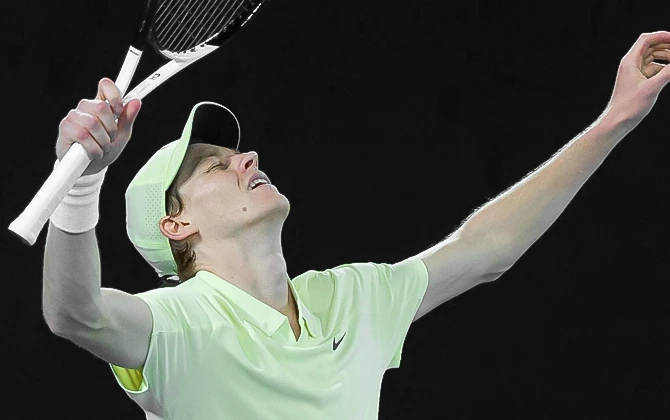World’s number one, Jannik Sinner, has accepted a three-month ban from professional tennis on the grounds of doping offenses so that he can get back just in time for the French Open. The Italian, 23, tested positive for clostebol in March 2024.
The finding can be attributed to accidental contamination that followed a physiotherapist administering a spray containing clostebol before attending to Sinner for a personal injury. However, the World Anti-doping Agency (WADA) pursued the case under its strict liability regime, which holds athletes accountable for all prohibited substances presented in their system, the final decision at the time of judgment being the crux of the hearing.
Sinner will be banned from competing between February 9 and May 4, 2025. He will lose $325,000 in prize money and 400 ATP ranking points acquired at Indian Wells but will keep his Australian Open title quietly.
The ruling has invited a lot more contention in the tennis world. Nick Kyrgios, an Australian player, demanded that Sinner be stripped of his Grand Slam title, claiming that awarding such a title gives a detrimental blow to the honor of the game. The PTPA was very critical of how this case was handled, citing varying approaches to anti-doping rulings.
However, Daniil Medvedev, a former World No. 1, wished that Sinner’s case would set a precedent for other athletes involved in similar doping issues going forward. He pointed out the need for some sort of equitable legal representation, as not everyone can afford to put up a legal defense against similar allegations.
Though Sinner is expected to be back in May, the matter presented a platform for discussion on fairness and transparency in anti-doping rules as many questioned if settlements like Sinner’s could generate an impression of favoritism.



